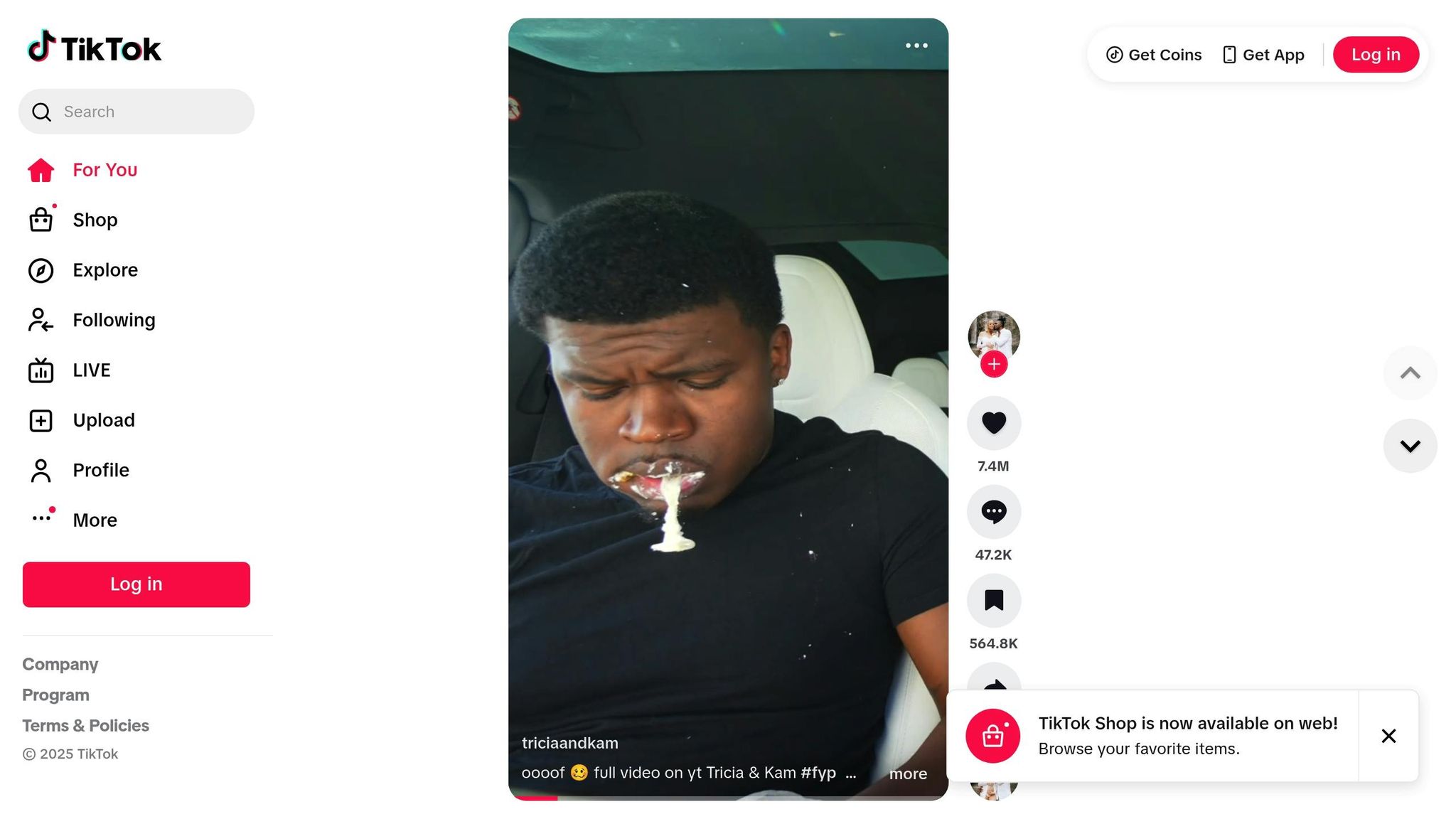Irish regulator imposes €530 million fine on TikTok over data transfer breach
Irish DPC rules remote access by third-country staff constitutes a GDPR transfer; fines TikTok €530M and orders compliance.
The Irish Data Protection Commission (DPC) has issued a record €530 million fine against TikTok Technology Limited after determining the company violated the General Data Protection Regulation (GDPR) by enabling remote access to European Economic Area (EEA) user data from China. The decision, announced on April 30, 2025, is described as a landmark ruling on the interpretation of international data transfers under GDPR.
Data Transfers Through Remote Access
At the heart of the DPC’s decision was the conclusion that allowing personnel in third countries, such as China, to remotely access EEA user data constitutes a "data transfer" under Chapter V of GDPR. TikTok’s Chinese-based employees were found to have accessed user data stored on servers in Singapore and the United States. The DPC determined that this remote access effectively brought the data under the jurisdiction of Chinese law.
"When staff in a third country can remotely access EEA users' data, that access itself constitutes a 'transfer,'" stated the decision document.
TikTok maintained that the data was securely stored outside of China and implemented safeguards such as authentication, authorization, and audit controls. Employees in China accessed the data only when necessary and were required to follow strict approval workflows. Permissions were granted on a role-specific, limited-duration basis, aligning with the company’s internal guidelines.
Despite these measures, the DPC found that TikTok failed to meet its obligation to sufficiently assess the potential reach of Chinese law over the accessed data. The regulator concluded that TikTok had violated Article 46(1) GDPR, which governs the lawfulness of international data transfers.
Transparency Failures in Privacy Policy
In addition to the data transfer violations, TikTok was also penalized for failing to adequately inform users about these practices. The DPC criticized the platform's October 2021 EEA privacy policy, which failed to name the countries where user data could be accessed or clarify that personnel in China could remotely process data stored in Singapore and the United States. These transparency shortcomings were found to breach Article 13(1)(f) GDPR.
Although TikTok updated its privacy policy in December 2022 following regulatory engagement, the violations during the earlier period remained significant. The lack of clarity prevented users from understanding how their personal data was handled and where it could be accessed.
Breakdown of the Fine and Corrective Measures
The €530 million fine imposed on TikTok includes €485 million for violations related to data transfers and €45 million for transparency failures. Beyond financial penalties, the DPC has ordered TikTok to bring its data processing operations into full compliance with Chapter V GDPR within six months. The decision includes a potential suspension of data flows to China if compliance is not achieved within the stipulated timeframe.
The DPC's corrective measures also address broader compliance obligations. TikTok must implement robust safeguards to ensure that future data transfers meet GDPR standards.
Broader Implications for Data Governance
The DPC's decision sets a significant precedent for international data governance, emphasizing that remote access to EEA user data by personnel in third countries is subject to GDPR's strict transfer requirements. The ruling clarifies that data storage location alone is insufficient to avoid GDPR obligations if the data can be accessed by individuals in countries with laws that may conflict with EU data protection standards.
This decision not only impacts TikTok but also serves as a warning for other organizations that allow remote access to personal data from third countries. Companies must now carefully evaluate the legal frameworks of such countries and implement supplementary measures beyond standard contractual clauses to ensure compliance.
TikTok's Internal Challenges and Accuracy Discrepancies

Complicating matters further, TikTok informed the DPC in February 2025 that some EEA user data had been stored on servers in China, contradicting earlier statements during the inquiry. The company reported that it migrated the data to Singapore in March 2025 and deleted the data in China shortly thereafter. While this error did not impact the scope of the April 2025 decision, the DPC indicated it would continue to engage with TikTok on the matter.
The ruling also highlighted the broader compliance challenges for technology companies, particularly those with global operations. For TikTok and other firms relying on cross-border data flows, ensuring adherence to GDPR standards is becoming increasingly complex.
A Landmark Decision in Data Privacy Enforcement
The €530 million fine against TikTok is one of the largest penalties ever imposed under GDPR and underscores the growing regulatory scrutiny on data protection practices. As data privacy concerns continue to mount, the decision signals a firm stance by European authorities against companies that fail to adequately safeguard user information.
For businesses utilizing TikTok as part of their digital marketing strategies, the ruling highlights the importance of closely scrutinizing data-sharing arrangements and compliance protocols. Moving forward, companies must ensure that their data processing activities align with the rigorous standards set by GDPR to avoid similar penalties and reputational damage.
Yohann B.










